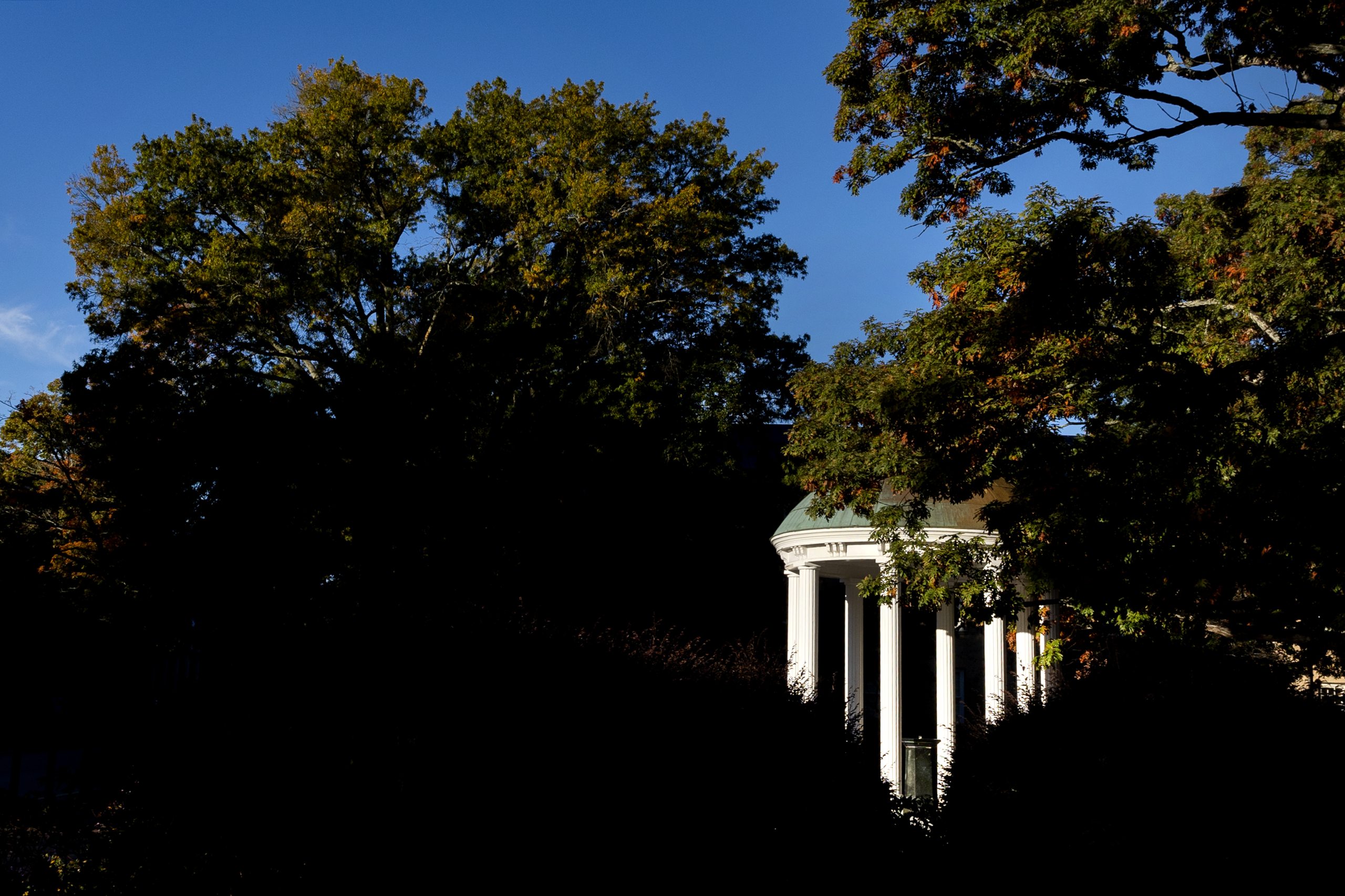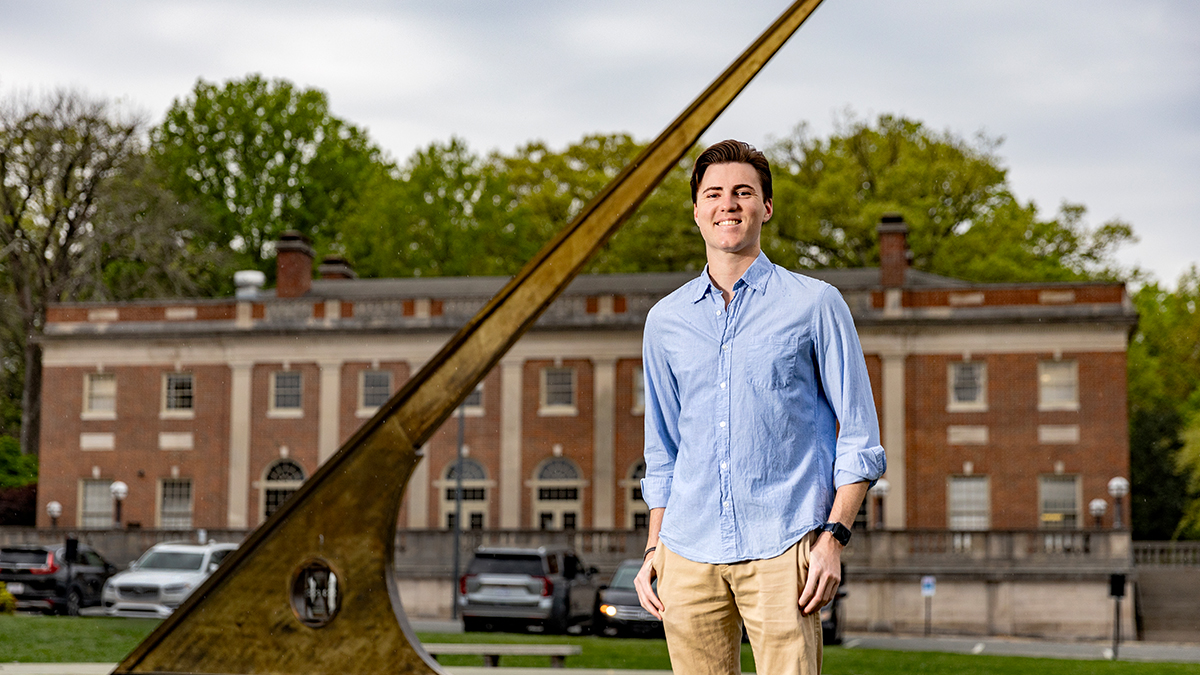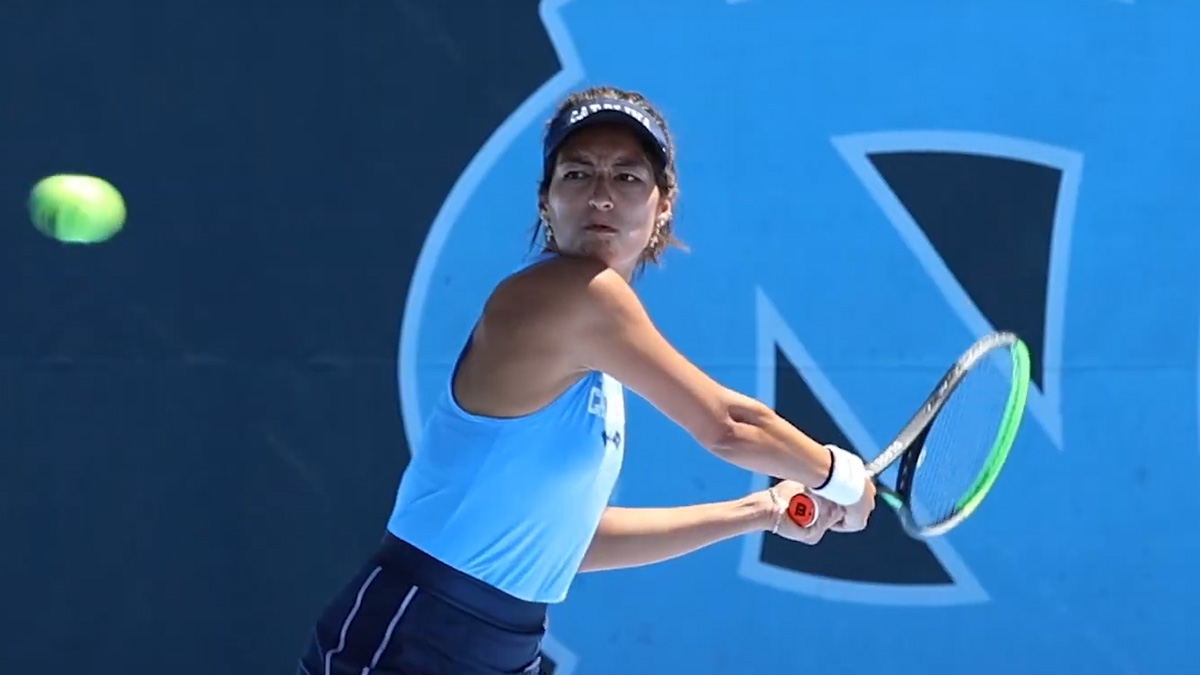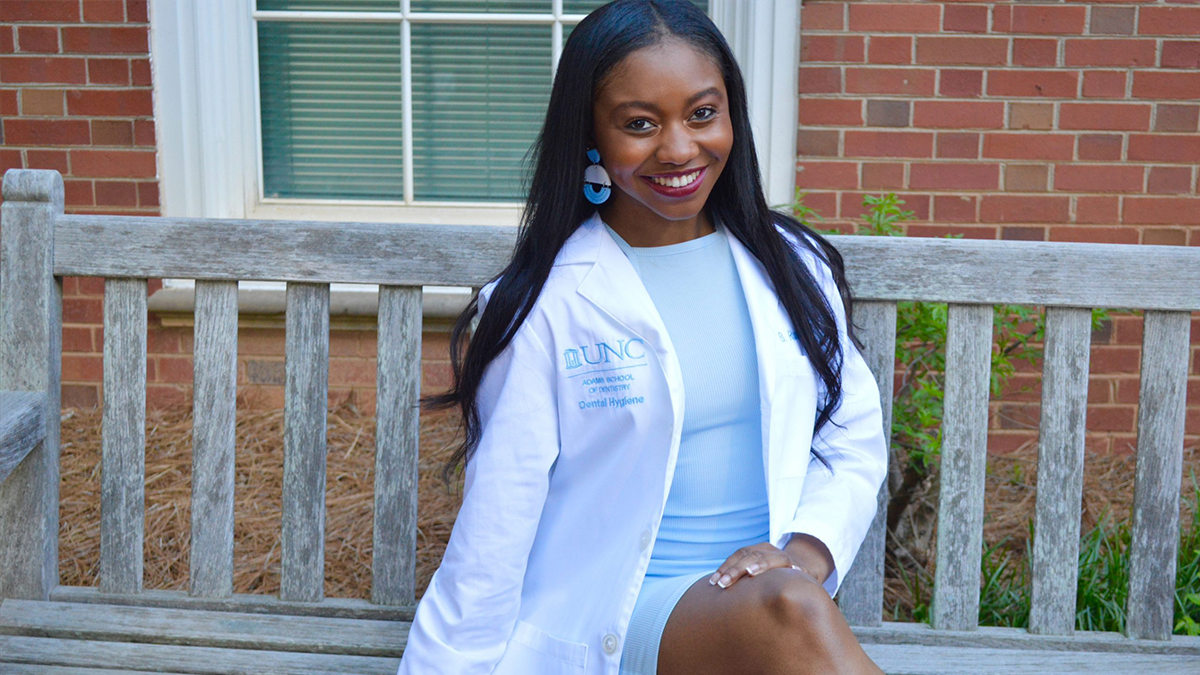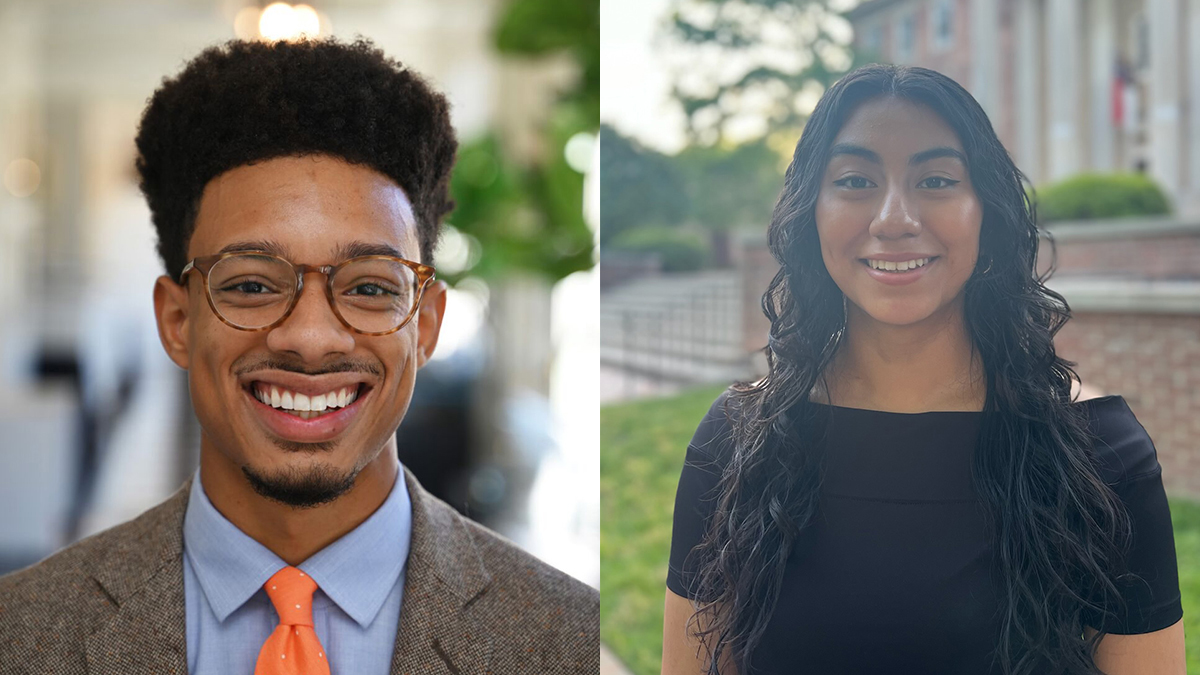Faculty Council hears updates on testing, vaccine distribution, summer and fall planning
While summer sessions will be remote again this year, fall sessions could look more normal, depending on the pandemic.
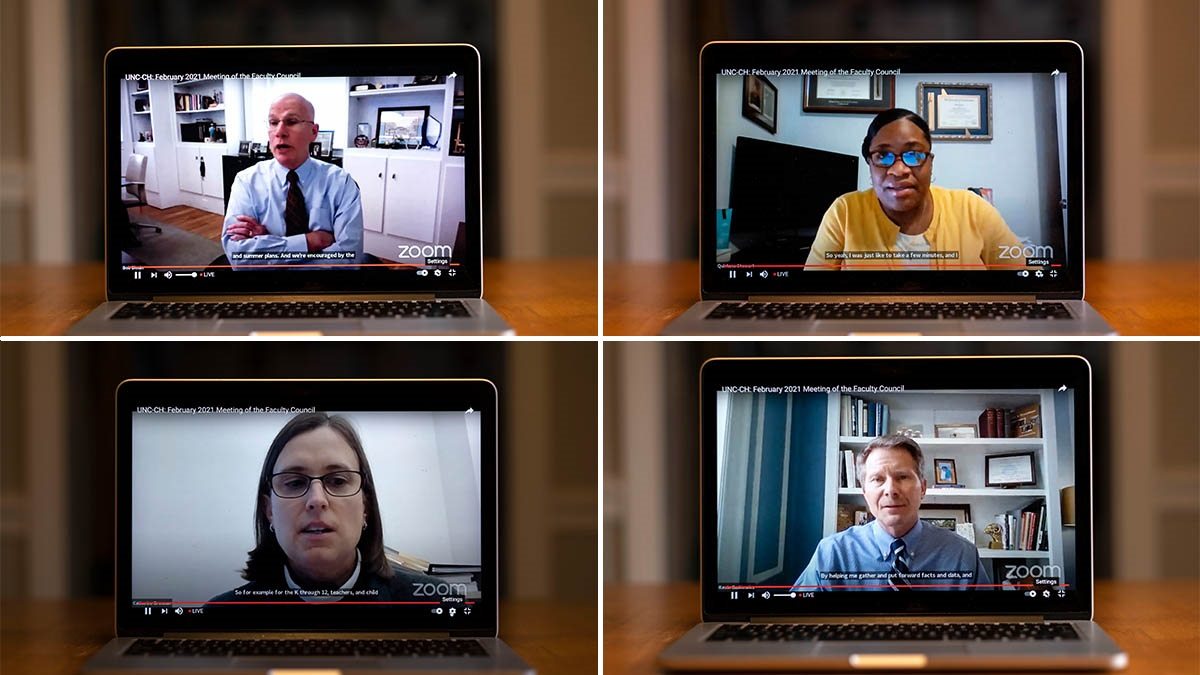
Faculty Council members heard updates on COVID-19 testing and vaccine distribution, along with plans for the summer and fall semesters during Friday’s virtual meeting.
Faculty Chair Mimi Chapman opened the meeting by encouraging the faculty to move on from the controversy over the Confederate Monument, also known as Silent Sam.
“Many people have called Silent Sam our lightning rod, and I think that’s an apt comparison,” she said. “A lightning rod draws down all of the energy from a storm into one place so that other structures are protected. In some ways our continuing focus on Sam does the same thing. It keeps us focused on the statue and the settlement and diverts our attention from the other structures on our campus that perpetuate racism both literally and figuratively and that desperately need our attention and focus.”
“Even though the statue is gone, the painful history of race on our campus remains,” said Chancellor Kevin Guskiewicz. “Silent Sam was a symbol, but those issues did not disappear when it was removed. That’s why the first and most important part of our strategic plan is Build Our Community together.”
The Carolina Together Testing Program has processed more than 70,000 tests with 0.2% positivity rate this past week, Chancellor Kevin M. Guskiewicz reported, thanking faculty for their contributions in setting up the testing lab and developing the HallPass web-based app used to track results.
Provost Robert A. Blouin echoed the chancellor’s thanks. “I want to take this opportunity to thank all of you, our faculty, our staff and also in part our students,” he said. “I don’t think you have a campus positivity rate of 0.2% without an incredible amount of cooperation and participation and intent to remain in compliance with our community standards and be able to achieve such a low number.”
Planning is underway for summer and next fall, Blouin said, adding that the Roadmap Implementation Team and the Campus and Community Advisory Committee will continue to work together on planning, incorporating what they’ve learned from the spring. They are also consulting with campus virology, infectious disease and public health experts.
Blouin said Carolina has learned a lot about remote delivery of education through last fall and this spring. He added he was glad that the University has expanded some aspects of operations on campus and welcomed students and faculty back to the classroom on a limited level.
He explained that he expected this year’s summer sessions to look similar to last year’s summer sessions using remote learning strategies. “Though there’s still a lot of work and planning to be done, we certainly will not be ruling out the opportunity for some face-to-face interaction for the summer session,” Blouin said.
For fall, Blouin said, we want it to look “as near to normal as we possibly can, but we recognize that this is a moving target.” The University will continue to look at the science, consult with experts and review all of the information being collected around the county, the state and the country and on campus to aid in decision-making.
Blouin also shared that solid progress is being made on Carolina Next: Innovations for Public Good, including the first of eight strategic initiatives, Build Our Community Together. Significant changes were made to the plan as a result of the pandemic and the changes taking place in our community, state and the country with regard to race relations.
COVID-19 vaccine distribution
Demand for the COVID-19 vaccine is greater than the allocation, Quintana Stewart, director of the Orange County Health Department, told Council members in an update. The county follows the state’s Department of Health and Human Services framework for how it distributes the vaccine doses it receives, she said.
North Carolina’s priority list changed in the past weeks, she said. The county is vaccinating Group 1, health care workers and long-term care staff and residents, and Group 2, adults 65 and older.
Beginning Feb. 24, a subgroup of Group 3, frontline essential workers, becomes eligible to receive the vaccine, including in-person daycare, pre-K and K-12 teachers and support staff. On March 10, a larger part of Group 3 becomes eligible, including college and university instructors and support staff who are working in-person at their place of work, Stewart said.
However, she added, Orange County will not be ready to move to Group 3 because there is still high demand for the first two groups and the county needs to clear its waiting list for people in the first two groups.
College and university instructors and support staff who are working in-person at their place of work can self-identify to receive the vaccine through the Orange County Health Department (for those living in Orange County), UNC Health or the county where they live, Brennan said.
While Carolina’s Campus Health is approved to be a vaccine distribution site, it will likely only receive vaccines and begin administering them when the vaccine is broadly available to everyone. They are actively planning how to do a mass vaccination of students, Brennan said.
In other news:
- Faculty Council approved a resolution to mitigate the immediate and long-term impact of the COVID-19 pandemic on faculty who are coming up on promotion and tenure decisions, and improve their access to resources and support. The recommendations were made by the Committee on Appointments, Promotion and Tenure and include the use of COVID-19 impact statements that would allow faculty to detail how the pandemic has impacted them, both in the short term but also the long-term effects on career development.
- Wesley Burks, dean of the School of Medicine and chief executive officer of UNC Health, provided a brief overview of the past year at UNC Health and how it has dealt with the pandemic, included the partnerships between the medical school and UNC Health. Examples include a clinical trial for the Moderna vaccine, research into the virus and potential treatments and creating the lab that supports the Carolina Together Testing Program.
